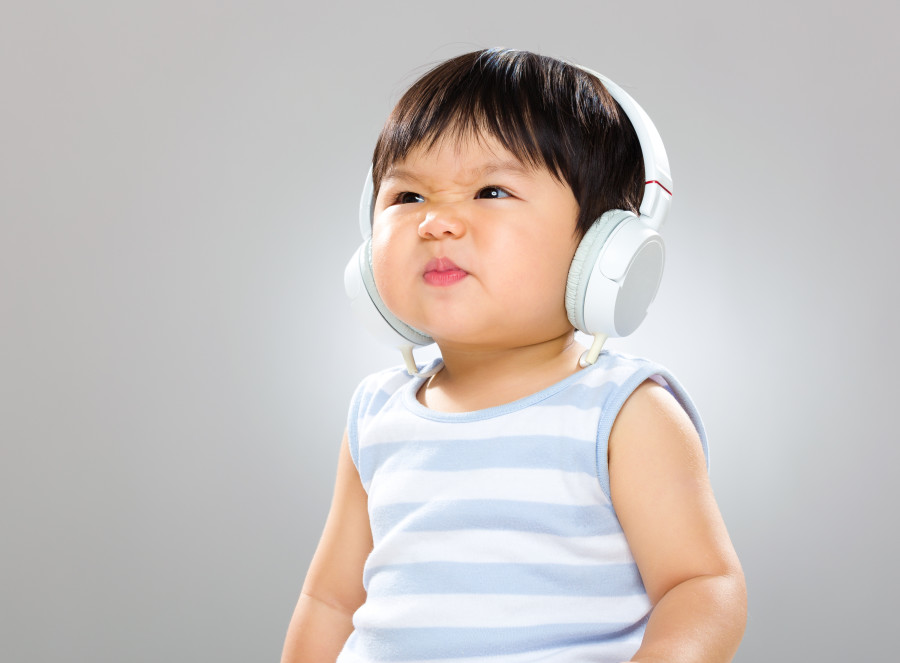If you’ve already had a baby, you might have figured this out on your own, but now scientists have confirmed it: Babies love it when someone sings to them.
Canadian researchers conducted two experiments that compared the effect of speech vs. singing on infants’ mood. The scientists were from the University of Montreal and the University of Toronto Mississagua, and virtually all of the babies were from homes in which French was spoken at least half of the time. The results were published online recently in the journal Infancy.
In the first experiment, babies 7 to 10 months of age listened to three different recordings: a song, the words of the song spoken as if to an adult, and the same lyrics repeated in what the scientists call “infant-directed speech,” a.k.a. baby talk. You’re probably familiar with this speaking style, which, if you’re like most adults, comes naturally when face-to-face with an adorable baby (in other words, all babies). You talk more slowly, your voice gets higher, your pitch fluctuates more.
To make sure the babies weren’t familiar with the song, which could have skewed the experiment’s results, the researchers picked one in Turkish, a language spoken in none of the infants’ homes.
The researchers played a continuous audio recording of the speaking or singing and timed how long it took for the babies to make the “cry face”—the lowered brows, the corners of the lip pulled to one side, their mouth open, their cheeks raised—with each of the three types. (Sure, crying itself signals that babies are distressed, but the whole experiment was conducted with the researchers unable to hear anything while they observed the babies on a monitor. That way, they couldn’t read anything into the infants’ expressions based on the type of recording that was playing.)
It took more than twice as long for the babies to put on their cry face while listening to the singing as it did while listening to either type of speech. In fact, the babies maintained their composure for almost 9 minutes while listening to an unfamiliar song in an unfamiliar language, sung by an unfamiliar woman. The researchers were a bit surprised that the infant-directed speech wasn’t more effective in holding the babies’ attention than the adult-directed speech, because previous research had shown that’s the case.
In the second experiment, a different set of infants listened to recordings of (other babies’) mothers singing songs or speaking in a familiar language (French). Once again, singing held their attention about twice as long as either the baby talk or the adult-directed speech.
“We used lively play songs in our study,” says University of Toronto psychologist Sandra Trehub, a coauthor of the report on the two experiments. “I think they might work better than lullabies, because they’re rhythmic and have a regular beat, both of which can be mesmerizing for infants.”
While recorded songs did help keep the babies calm, nothing beats a live performance, “We know that the visual aspects of parents’ singing are very important to infants,” says Trehub, who recently coauthored a study on this topic. “Mothers smile a lot more when they sing to infants than when they talk to them, and the whole package is wonderful for infants.”
But what about dads? Do babies want to change the station when they hear a man singing?
Nope, Trehub says. One reason she’s mainly studied the effect of women singing to babies is that while men might sing at the top of their lungs while showering or driving, they’d rather not do it in a research lab.
“Men are more self-conscious about singing in the presence of others, so they don’t like to be watched or recorded, but they sing to their babies at home,” says Trehub, who’s has some in-home recordings to prove it, “and babies are delighted with those performances.”

